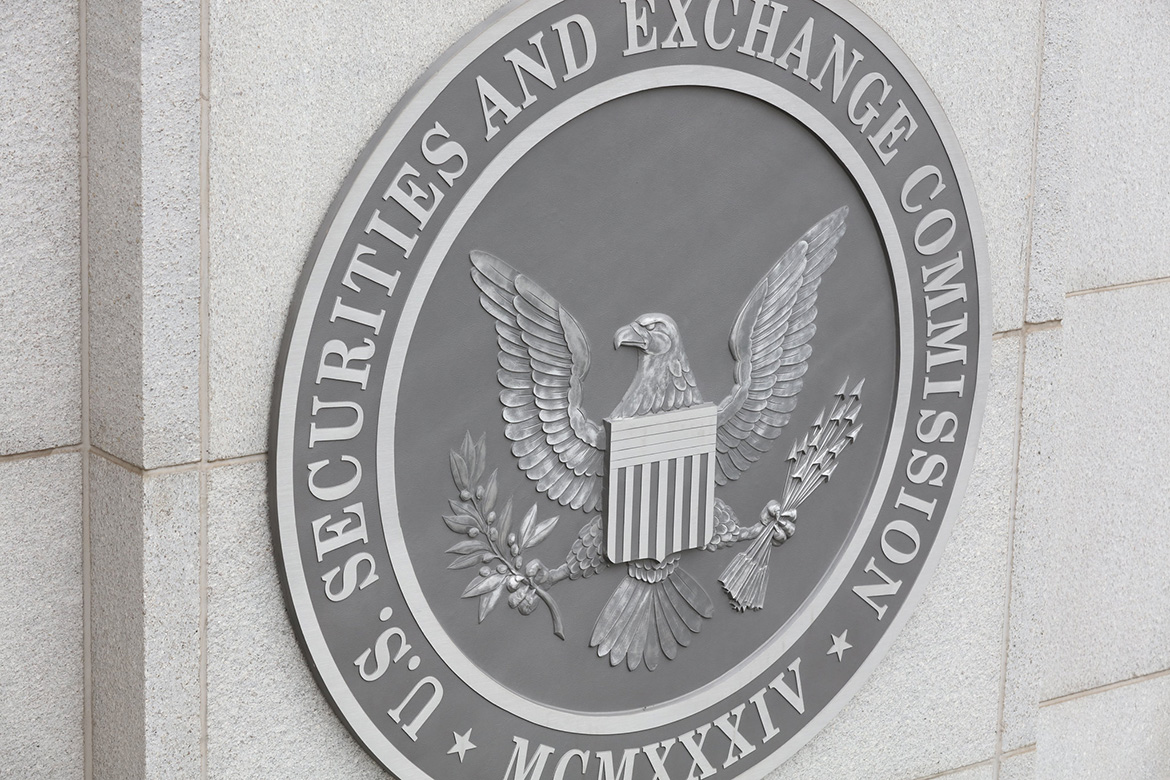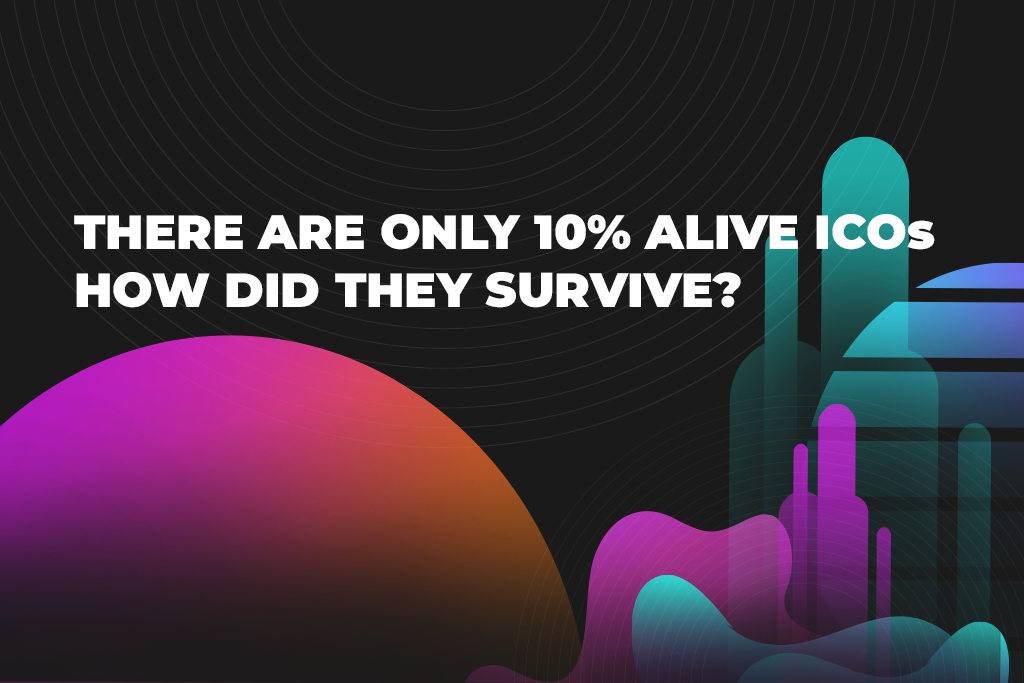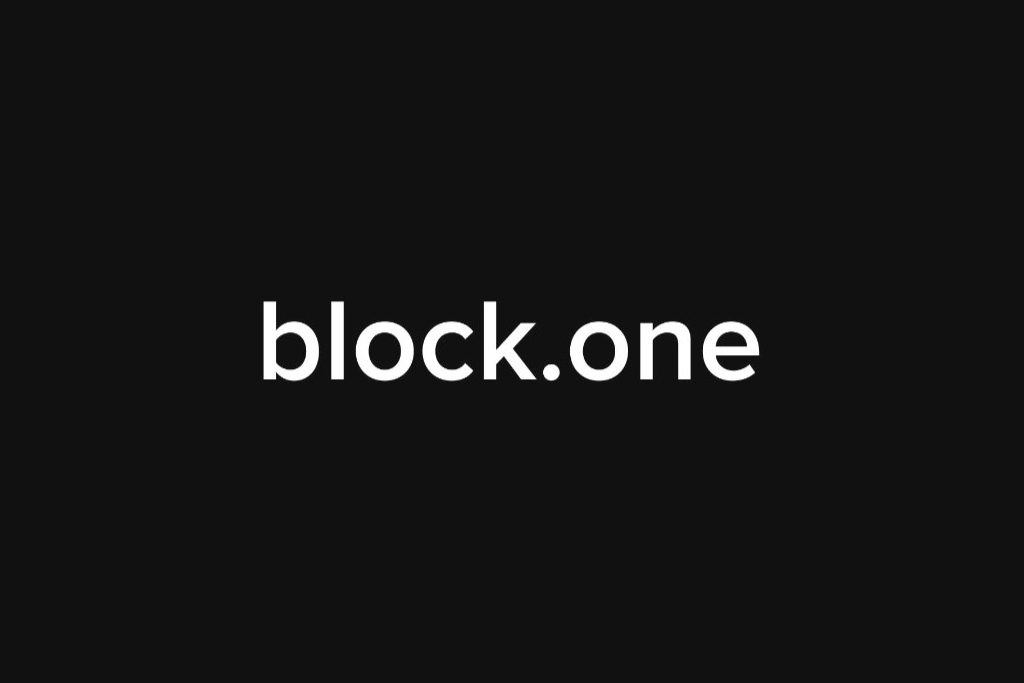
The SEC Likely to Exempt Blockchain Companies from Current ICO Restrictions
The SEC commissioner Hester Pierce wants the blockchain space and the regulators to work on an eased juridical framework for ICOs in the next three years.
An Initial Coin Offering (ICO) is a means of crowdfunding the release of a new cryptocurrency. Generally, tokens for the new cryptocurrency are sold to raise money for technical development before the cryptocurrency is released. Unlike an initial public offering (IPO), acquisition of the tokens does not grant ownership in the company developing the new cryptocurrency. And unlike an IPO, there is little or no government regulation of an ICO.

The SEC commissioner Hester Pierce wants the blockchain space and the regulators to work on an eased juridical framework for ICOs in the next three years.

We have picked some projects that conducted a successful ICO and still manage to work and develop their products, and we’ll try to find out what keeps them alive, besides money. These three projects are BOLT, NOAH, and Platio.

Block.one settles with the United States Securities and Exchange Commission (SEC) over its ICO which raised about $4.1 Billion. The fine, however, is less than expected.

In this article, we’ll explore why Token Offering market’s fall isn’t necessarily a bad thing and why it’s actually necessary for the market to mature.

Recently a political action committee (PAC) BitPAC announced that they are going to conduct an initial coin offering (ICO) to support the candidates for public office. By donating, participants will receive Politicoins in return.

Though only half of the projects that participated in IEO in 2019 were profitable, the research indicates that the cumulative returns to be garnered over the span of 6 months could amount to 44% ROI.

With this tremendous growth and the widespread availability of crypto technology, STOs may soon be a viable way for most companies to raise revenue. However, some aspects of the STO bear a bit of explaining beforehand.

SEC, for the first time ever, approved a $28 million Reg A+ offering for decentralized Internet company Blockstack. The company will begin selling the SEC-approved tokens, essentially an investment vehicle for fundraising, as of today.

Is Venture Capital in crypto still a thing? With the obvious benefits, what token offerings bring to the table for both subscribers to token offerings and token issuers?

The U.S. Securities and Exchange Commission is suing messenger app maker Kik for $100 million ICO for its Kin token which they think was an unregistered securities sale. The regulator appears to have built up a strong case in its initial court move.

While it’s widely-believed that Initial Coin Offerings are chosen as a fundraising strategy only by blockchain startups, Gregory S Mathew, blockchain expert and professional tech researcher, shares how other sectors explore opportunities presented by ICOs.

As it’s impossible to imagine today’s rapidly evolving crypto space without the ever-growing number of startups, teams behind them have to severely compete for funds. Here’s how multilingual white paper could help win the competitive advantage.

Crypto industry seems to be undergoing a transformational change with major exchanges adopting Initial Exchange Offering (IEO) programs. KuCoin and Bittrex become the latest to join this bandwagon.

Here comes another alternative of ICO, that is known as Security Token Offering (STO). There are analysts who believe that STOs will eventually replace ICOs. Here’s what makes them think like that.

The Coinone research notes that STOs can open new frontiers with better security over ICOs, and thus help to liquidate other illiquid assets.